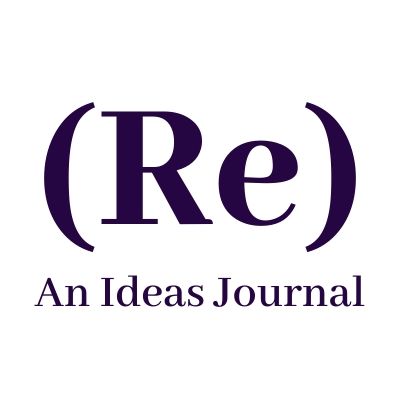GIFTED
A scattering of small, pastel-hued melamine plates graces the worn wooden dining table of this Amish familye with twice the number of children as ours. Observing one plate with slices of bread, another with rounds of pickles– not a single item store-bought – and doing the math, my pre-teen worldview is abruptly upended by those with far less, quietly giving far more.
*
The tomatoes and fish accompanying our breakfast are so tiny, so few, each one is a miniature treasure, bearing mute testimony to the enforced paucity of a war-ravaged countryside. Not wanting to burden our hosts, we surrendered stacks of Córdoba for bags of black beans and white rice before departing the safety of Managua and its markets. Yet refusing to take these jewel-like offerings, to eat beyond what we have brought, is the greater sin.
*
A thermosful of land snails swimming in tomato sauce is delivered by a fellow research assistant: my penance for overly complimenting his mother’s cooking. Although I have grown to appreciate fermented cassava root mounded into fufu and slathered with the slimiest of okra, an entire thermos of gastropods is beyond me. Loudly praising the unexpected windfall, I distribute the entire contents amongst my thrilled station mates.
*
Heirloom mavo rice is tinged purple and mounded high in worn steel colanders, each grain birthed from hands and feet slogging through padi mud, forearms hefting winnowing trays into the air, shoulders straining against bags hauled uphill from lowland fields. The colander makes its rounds: if I do not take seconds, if I do not eat three times my accustomed portion, I am chided by my elders until I shamefacedly heap more onto my plate.
*
The mom-and-pop rumah makan in a small Sumbawa town was literally that: a house where a person ate, squeezed onto wooden stools in the middle of the couple’s kitchen. On offer was a single dish: freshly caught and fried bandeng fish with a scoop of rice, a few shallots and chilis. Given the dubious origin and sickly hue of their sole competitor’s window offerings, my meals for the entire stay will be purchased here; the menu unvarying, my gratitude unwavering.
*
Stew, vegetables, and grains are ladled onto a chano, a round metal tray situated on the floor within arms’ reach of the Comoran family plus me. Sensing the oddity of tears in response to an otherwise mundane habit, I turn my face aside and surreptitiously wipe them away. Weeks later, the aseptic, individually-portioned meal trays served on each successive flight westward leave me bereft; the gleaming silverware a sharp reminder of the world I have chosen instead.
*
That [in]famous November holiday is rife with ambivalence for my Native friends, so the act of cooking a multi-course, turkey-centric meal and driving it out to the rez is a drop-in-the-bucket attempt to redress skewed history. I’ve learned to just show up, stick to the basics, not experiment with new-fangled or overly spicey foods, and remember to haul and stack wood for the stove before I go. Yawhi, we say, our thank yous overlapping.
*
Taa’oó – acorn meal – is possibly the most involved dish made from flour in the Americas: demanding bent-over gathering, sorting, drying down, de-hulling, grinding, straining, and dehydrating. Fail to gather acorns during harvest season, and Aunties tsk-tsk in disapproval. Do the work from start to finish, and you’ll never look at an oak tree in the same way again. Gift acorn mush to your Aunties and they’ll never look at you the same way again.
*
The best roadkill – actually, the only roadkill that is acceptable – presents itself serendipitously, in the moments before the eyes glaze over, when there is still time to pray and sprinkle tobacco. The feathers, the skin, the fur, the meat: this is how all our relations become regalia, become food for elders and for ceremony. To accept the gift is to share the gift is to honor the gift; to understand there is nothing more, nothing less, than this.
Jeanine Pfeiffer:
WRITING CHOPS: Chapters from my book-in-progress, THE LANGUAGE OF ENDANGERED HEARTS, have been nominated for the Pushcart Prize (five times), anthologized (three times), and published in the Bellevue Literary Review, The Citron Review, The Portland Review, The Guardian, High Country News, Camas, Flyway, Hippocampus, Inverted Syntax, Between the Lines, Langscape, Medium, Route 7 Review, Ruminate, Silver Needle Press, Sky Island Journal, The Lowestoft Chronicles, Nowhere and elsewhere. My spoken-word poetry is featured on Dan Robert’s “Rhythm Running River” radio show, Mendocino County Public Broadcasting (KZYX&Z).
CAREER: An ethnoecologist with over 30 years’ experience in Asia, Africa, and the Americas, my life is devoted to the celebration and conservation of biocultural diversity: the intrinsic connections between nature and culture. I’m a freelance writer and advisor to government, tribal, non-profits, and community-based organization.
More information about me and my writing can be found at www.jeaninepfeiffer.com
